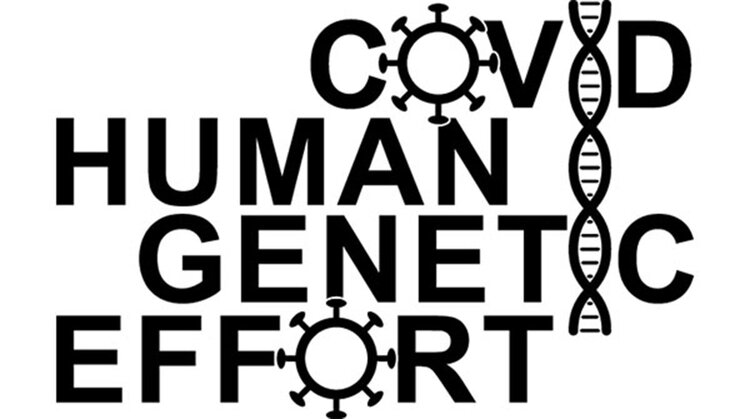Prof. Tayfun Özçelik, dean of the Faculty of Science, is serving as a member of the steering committee of the COVID Human Genetic Effort, an international consortium recently established to investigate the genetic basis of COVID-19.
 The consortium includes more than 50 institutions from 22 countries. Researchers and clinicians from Bilkent University and the Ministry of Health’s Dr. Sadi Konuk Training and Research Hospital are among the scientists from Turkey participating in the effort.
The consortium includes more than 50 institutions from 22 countries. Researchers and clinicians from Bilkent University and the Ministry of Health’s Dr. Sadi Konuk Training and Research Hospital are among the scientists from Turkey participating in the effort.
The researchers who have joined the effort have experience – in some cases as much as a quarter-century – in studying the human genetic basis of life-threatening diseases that strike previously healthy human beings. In particular, they and others have identified monogenic (involving a single gene) inborn errors of immunity (IEI) that selectively underlie life-threatening or lethal viral diseases in previously healthy children or adults.
Now, looking at the wide variability among the outcomes of those who have been infected by the novel coronavirus SARS-CoV-2 – from asymptomatic infection to lethal cases of COVID-19 – the consortium participants have hypothesized that “life-threatening COVID-19 in previously healthy individuals younger than 50 years, and perhaps even in older individuals without any overt co-morbidities, can be caused by monogenic IEI.”
They are therefore focusing their research on: (1) attempting to discover monogenic IEI underlying severe forms of COVID-19 in previously healthy individuals; and (2) searching for monogenic variations that make certain individuals resistant to infection by SARS-CoV-2.
By means of these two avenues of exploration, the COVID Human Genetic Effort will aim “to discover truly causative monogenic variations, rare or common, and decipher in depth the molecular, cellular, and immunological mechanisms by which they actually cause resistance to viral infection or predisposition to severe disease.”
Web site: https://www.covidhge.com